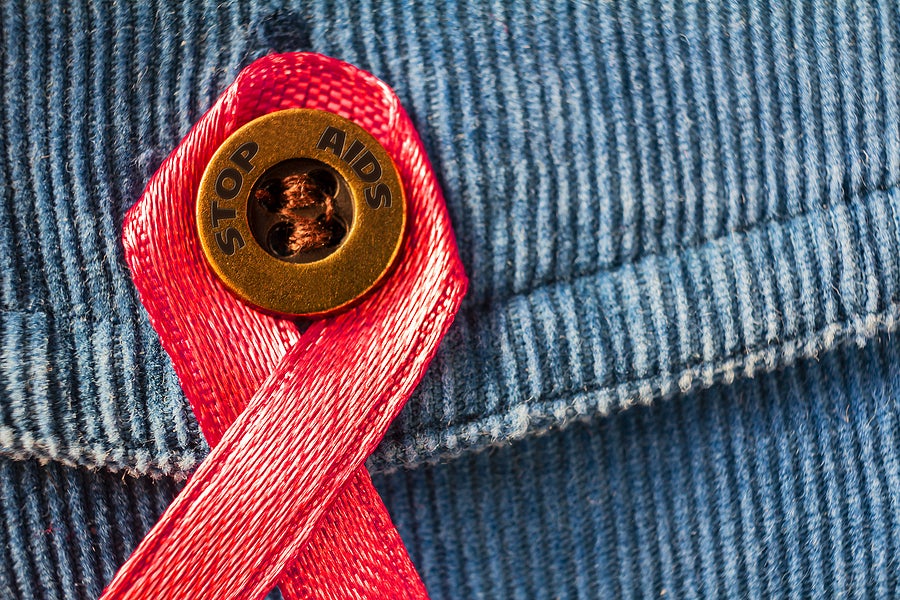As we live through the COVID-19 pandemic, our other challenging health problems haven’t gone away. In recognition of World AIDS Day and in honor of all those whose lives have been affected by HIV/AIDS, I would like to focus attention on public policy options that could help finally eliminate HIV in the United States.
Long years of effort from both the public health and medical community have given us the tools to eliminate HIV infection. Antiretroviral therapy (ART) and pre-exposure prophylaxis (PrEP) combined with outreach, public health campaigns and better access to health care mean HIV can now be effectively treated and controlled. People with HIV can manage the infection as a chronic condition and prevention treatment for those at high risk is now 99% effective in stopping new infections. Unfortunately, no matter how effective the treatment and successful the outreach, if people are unable to access quality, effective health care, we cannot finally end the epidemic.
Lack of health coverage is a major barrier to success in the fight to end HIV. The HIV epidemic is now concentrated in states in the South, precisely where access to health care is the most limited. One major reason is that Southern states are also the center of resistance to expanding health coverage through Medicaid under the Affordable Care Act. The final twelve states still refusing to accept the federal funding available to expand Medicaid are mostly in the south.
Recent research has shown that states that expand Medicaid move much further forward toward the goal of eliminating HIV than states refusing expansion. Uninsured rates for people with HIV drop significantly in expansion states. Testing for HIV and comprehensive health coverage are more available in expansion states. States also see significant reductions in new HIV cases and reductions in mortality rates for people with HIV after Medicaid expansions take effect.
As a southerner, I’m disappointed that the South has become the center of the HIV epidemic, but I am also hopeful as the South could be the region that helps us finally achieve the goal of eliminating HIV in the United States. Medicaid expansion is key to unlocking success in achieving this goal if only more Southern states would put out the welcome mat and open the door to health coverage.
 Our new report provides an overview of the current state of the campaign to eliminate HIV and the role Medicaid expansion can play. We could not have written this report without outside assistance. I am extremely thankful to have convinced one of our nation’s top infectious disease and HIV experts, Dr. Adaora A. Adimora, to work with us, adding her considerable knowledge, years of clinical and policy experience, and unwavering moral compass to our work. While the report focuses on the research and the policy actions that can help us end the epidemic, without physician leaders and public health professionals, such as Dr. Adimora, we never could have gotten to this point where elimination of HIV in the United States and around the world is within our grasp.
Our new report provides an overview of the current state of the campaign to eliminate HIV and the role Medicaid expansion can play. We could not have written this report without outside assistance. I am extremely thankful to have convinced one of our nation’s top infectious disease and HIV experts, Dr. Adaora A. Adimora, to work with us, adding her considerable knowledge, years of clinical and policy experience, and unwavering moral compass to our work. While the report focuses on the research and the policy actions that can help us end the epidemic, without physician leaders and public health professionals, such as Dr. Adimora, we never could have gotten to this point where elimination of HIV in the United States and around the world is within our grasp.
Please read our new policy brief: “HIV and Medicaid Expansion: Failure of Southern States to Expand Medicaid Makes Elimination of HIV Infection in the United States Much Harder to Achieve“.


